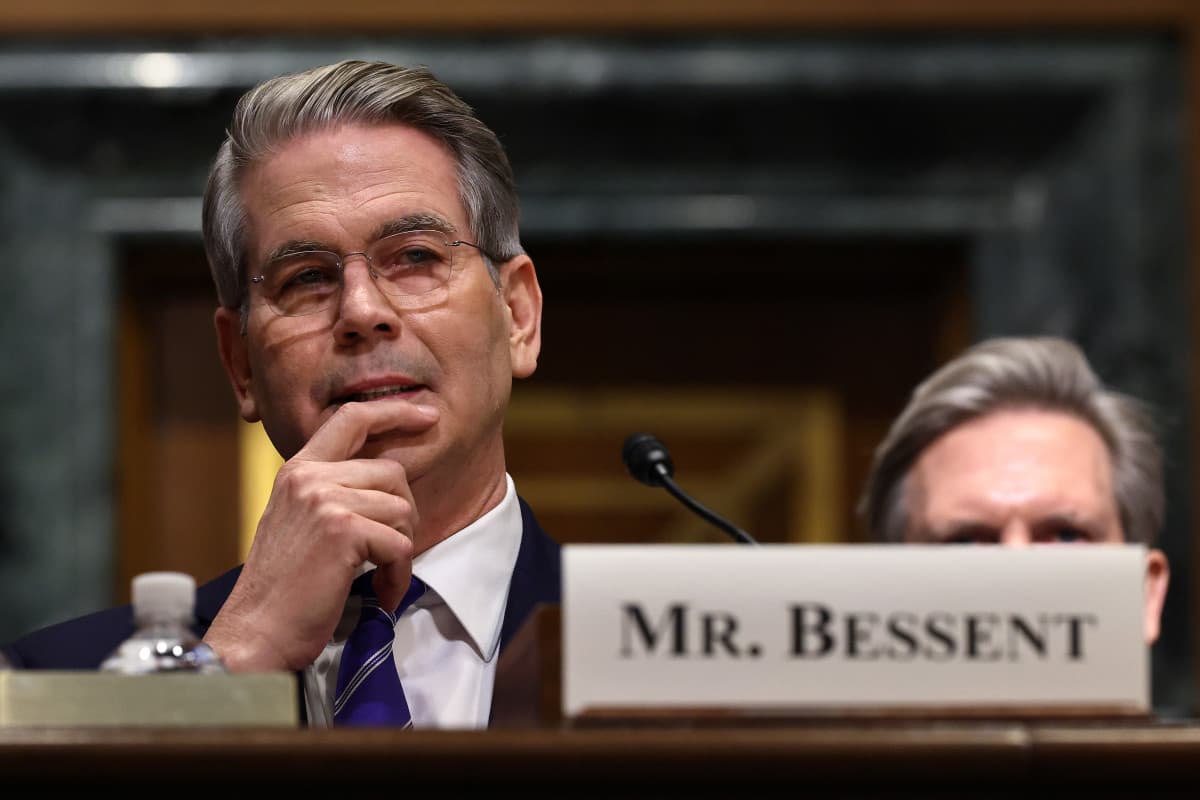Bessent Says Shutdown Cost $11 Billion, Sees No Recession Risk
Treasury Secretary Scott Bessent tells NBC that a 43 day government shutdown inflicted an $11 billion permanent loss on the U.S. economy, yet he believes the country is not headed for a recession. His comments highlight sectors under stress, policy levers the administration plans to use, and the political risks that could threaten growth.

Treasury Secretary Scott Bessent told NBC's Meet the Press that the recent 43 day government shutdown produced a permanent loss of roughly 11 billion dollars to the U.S. economy, but he said the broader economy is not facing a recession. He identified interest rate sensitive areas, especially housing, as having felt recessionary pressures, while arguing that recent policy moves will sustain growth and keep inflation under control.
Bessent pointed to several policy developments that he said should support expansion. He cited easing interest rates, recent rollbacks of tariffs on some food imports, and planned tax changes by the administration as forces that will bolster demand into 2026 without reviving inflationary pressures. He highlighted positive economic data in October, including higher home sales, as evidence that pockets of the economy are regaining footing after the strain from higher borrowing costs.
The 11 billion dollar hit from the shutdown is modest relative to the size of the U.S. economy. Measured against a roughly 27 trillion dollar annual economy, the loss amounts to a few hundredths of a percent of output. Nonetheless, the shutdown represents a form of economic scarring that can slow investment and lower potential output over time, particularly when it interrupts federal services, payments to contractors, and household confidence.
Bessent said that inflation dynamics remain concentrated in the services sector rather than being driven primarily by presidential tariffs. That assessment could shape the administration's policy priorities, steering attention away from trade measures and toward domestic cost drivers such as labor and health care. The Treasury secretary also signalled forthcoming administration steps aimed at reducing health care costs, though he did not provide details.
Beyond economics, Bessent used his platform to deliver a political warning. He urged Democrats not to provoke another shutdown and suggested Republicans consider ending the filibuster as a way to avoid future funding stalemates. His comments underscore how political brinkmanship can impose direct economic costs and raise risks for markets that price policy uncertainty.
Markets and corporate planners will watch for the administration's tax proposals and the promised health care measures, both of which could influence investment decisions and fiscal trajectories into 2026. If tax changes are perceived as business friendly and the health measures yield cost savings, they could help sustain the non inflationary growth that Bessent forecasts. Conversely, renewed budget gridlock or larger than expected inflation in services could force a reassessment by policymakers and markets.
For now, the Treasury paints a cautiously optimistic picture, emphasizing policy tools and favorable data while acknowledging sectoral strains. The central test for that outlook will be whether planned fiscal and regulatory moves can offset the localized damage from the shutdown and keep services sector inflation from spilling over into broader price pressures.


